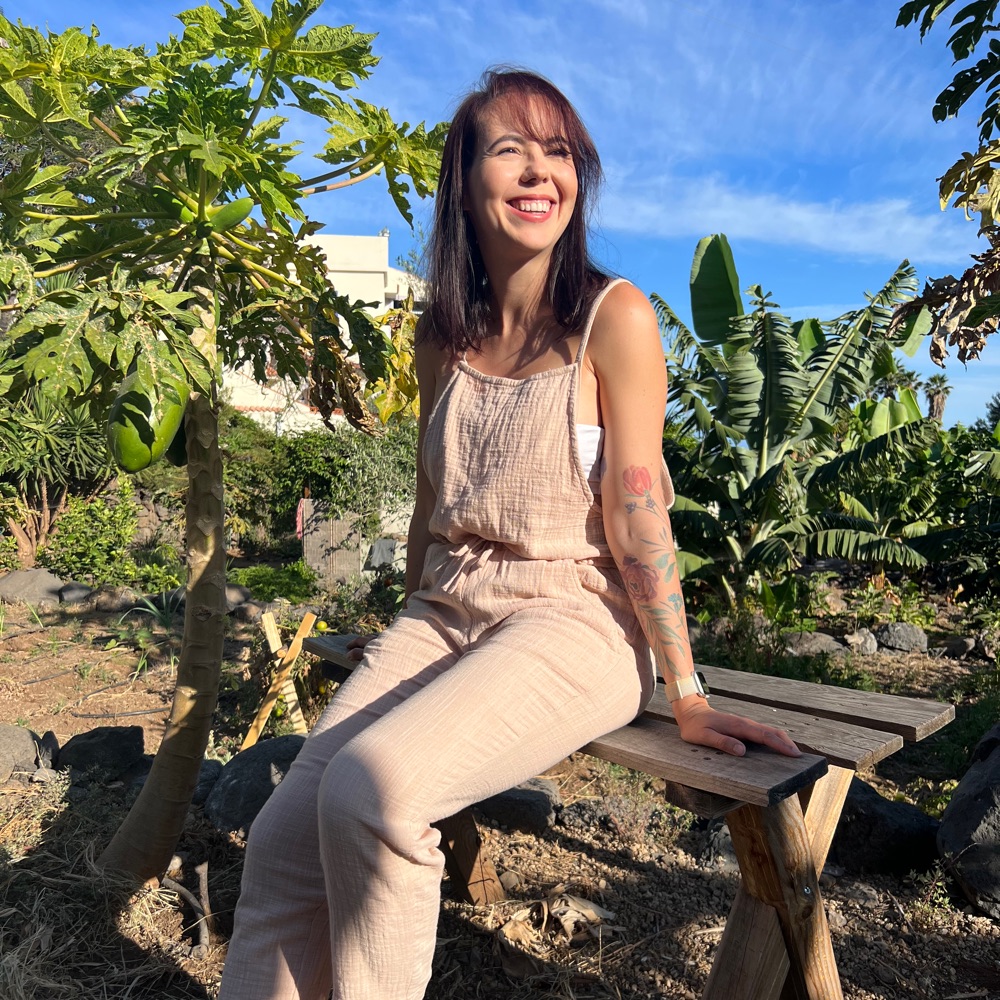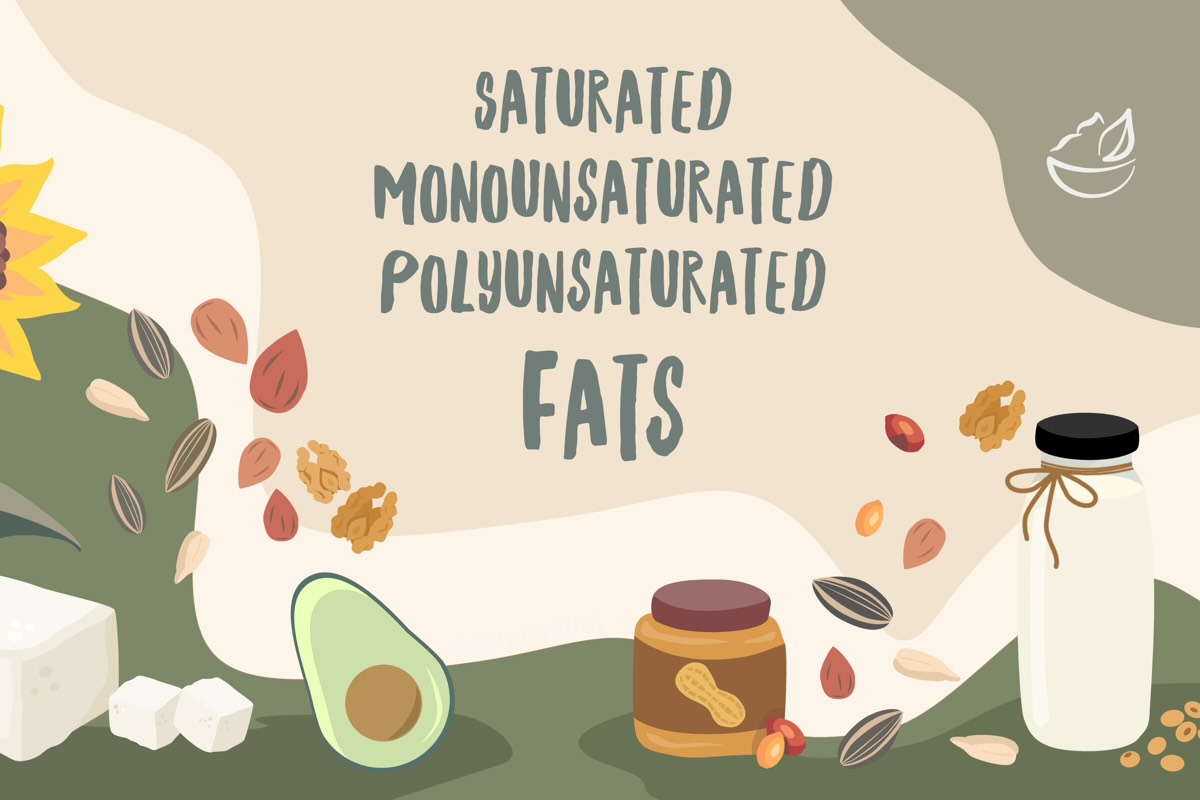Within the nutrition and health community, eating soy protein appears to be a recurring topic of discussion. Some people fear soy and often take it out of their diet plans because they believe it can increase estrogen levels dangerously, or because they believe protein-rich plant-based foods are inferior to animal-based protein.
The truth is that soy is an excellent source of protein with potential health benefits that many people are unaware of.
While it is crucial to be an informed consumer, soy is nothing to be afraid of when used as part of a healthy, well-balanced diet. In fact, it offers multiple health benefits when eaten right.
What Are Some Of The Best Plant-Based Sources Of Protein For Vegans?
All plants provide you with protein but [1] legumes are one of the most protein-rich plant-based food options. They’re a healthier substitute for animal products as they contain [2] all EAAs (Essential Amino Acids), are fiber rich, and are full of vitamins and nutrients. They’re also naturally low in cholesterol and saturated fats.
Some of the other [3]best plant-based sources of protein for vegans include Tempeh, Tofu, Soy, Lupini Beans, Legume pasta, Lentils, Rolled Oats, Edamame beans, Peanut butter, etc.
Why is Soy Considered Bad?
There’s a constant bashing that has taken away the well-deserved health halo from Soy due to the common misconception.
Soy products have been the subject of much debate with accusations that they are estrogenic, cause breast cancer, hinder thyroid function, have feminizing effects in men, are excessively processed, and are genetically modified.
Such accusations have only caused fear in people’s minds and have discouraged people from consuming soy.
Is Soy Consumption the Cause Of Breast Cancer?
Quite the opposite — According to studies, eating a soy-rich diet throughout one’s life lowers the incidence of breast cancer in women.
Studies also report that women who consume less soy or are introduced to soy later in life have less of this protective effect. In fact, soy is rich in protein, isoflavones, and fibre and they all provide health benefits.
Where did the misconception originate from?
Isoflavones, which are plant estrogens, are present in soy. People and some misleading reports linked the high level of estrogen to an increased risk of breast cancer. However, in reality, soy does not contain enough isoflavones to raise the risk of breast cancer.
So fret no more and start having soy!
Reasons Why You Should Not Fear Soy And Instead Add It To Your Diet:
-
A diet rich in soy protects against certain cancers such as [4] prostate and breast cancer. It also [5] lowers the risk of ovarian, colorectal, gastric and lung cancer.
-
A good soy diet keeps your [6] heart health in check. This is due to the fact that consumption of soy is linked to getting cholesterol, blood pressure and triglycerides to favourable levels. Thereby, it protects your body from getting a stroke, developing heart diseases or even dying from cardiovascular diseases.
-
A soy-rich diet also helps maintain weight and prevents developing type 2 diabetes as it helps lower blood sugar levels.
-
Eating soy regularly helps improve bone mineral density and cognitive function as well. According to research, an intake of 40–110 mg of soy isoflavones per day may decrease bone loss and enhance indices of bone health in postmenopausal women.
-
Soy has an ideal amount of all nine EAAs, making it a low-saturated-fat protein source. Iron, calcium, and potassium are also abundant in soy.[7]
-
Soy may also help with reducing menopause symptoms. Soy contains isoflavones which have the ability to bind oestrogen receptors in the body, thus reducing the symptoms of menopause.
Are All Soy Sources Equally Nutritious?
Just how all fats and all carbs are not the same, all soy sources are also not the same and vary in their nutrition levels.
Soy can be consumed in various ways but one should opt for consuming soy in its more natural form i.e unprocessed form.
Minimally processed soy foods have more vitamins, minerals and compounds, and offer more benefits apart from their nutritional value. Some of the minimally processed soy foods are soybeans, tofu, tempeh, edamame, and unsweetened soy milk and yoghurts. These are the sources that are quite effective at reducing blood sugar or cholesterol levels as compared to processed soy-based foods or supplements.
Processed soy foods, on the other hand, contain more salt, sugar, fat and other unnecessary additives that have no value to offer.
You can also consume fermented soy foods as they’re more beneficial than non-fermented ones as the process of fermentation takes away some of the naturally occurring antinutrients. These include soy sauce, tempeh, miso, and natto. They also help your body absorb more nutrients.
Some of the ways you can also lower the antinutrient level are by using preparing techniques such as soaking, cooking and sprouting.
Say Hello To ‘SoyFul’ Recipes With Plantiful
The bottom line is to start eating soy if you have not yet included it in your diet. Not only is it nutritious but soy-based foods make some of the best dishes in the world! Yes, we’re huge fans and have a huge collection of diverse and delicious soulful recipes. Tofu pancakes and Gado Gado Bowl With Tempeh are our favorites and will be yours too once you try them! Go, Download the Plantiful app for some mindblowing vegan soy recipes.
Sources
[1][2][3] Hill, Simon. The Proof is in the Plants: How science shows a plant-based diet could save your life (and the planet). Penguin Random House Australia, 2021.
[4] Applegate, C. C., Rowles, J. L., Ranard, K. M., Jeon, S. and Erdman, J. W. (2018). Soy consumption and the risk of prostate cancer: An updated systematic review and meta-analysis. Nutrients, 10(1), 40.
www.mdpi.com/2072-6643/10/1/40
[5] Li, N. et al. (2020). Soy and isoflavone consumption and multiple health outcomes: Umbrella review of systematic reviews and meta‐analyses of observational studies and randomized trials in humans. Molecular Nutrition & Food Research, 64(4), 1900751.
onlinelibrary.wiley.com/doi/abs/10.1002/mnfr.201900751
[6] Hill, Simon. The Proof is in the Plants: How science shows a plant-based diet could save your life (and the planet). Penguin Random House Australia, 2021.
[7]Messina, M. (2016). Soy and health update: Evaluation of the clinical and epidemiologic literature. Nutrients, 8(12), 754.
www.ncbi.nlm.nih.gov/pmc/articles/PMC5188409




